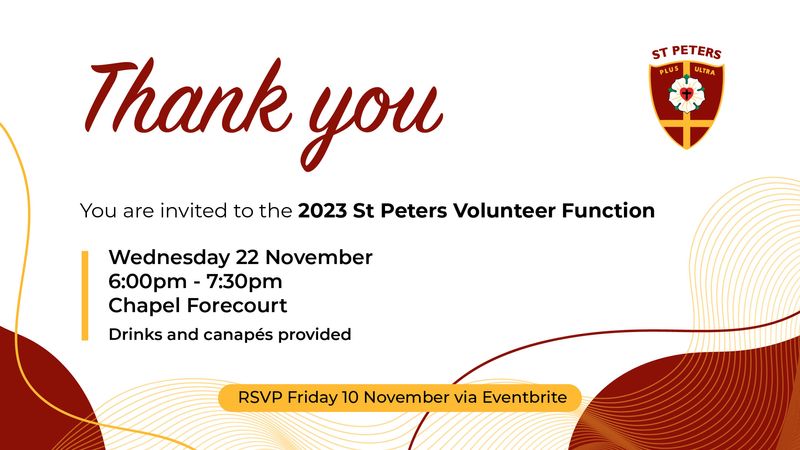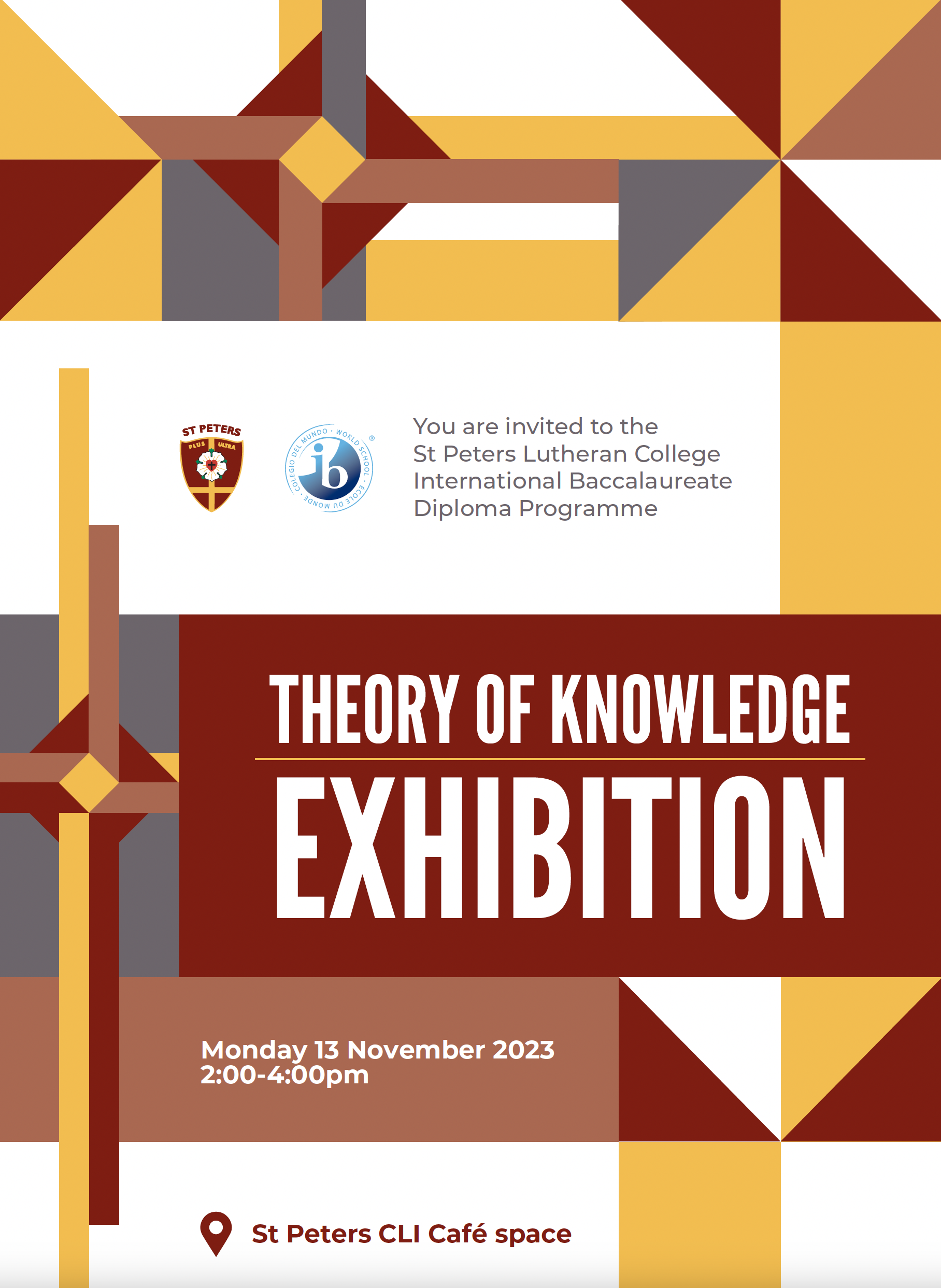The Technology of the Times

My word … shall not return to me empty,
but it shall accomplish that which I purpose
and succeed in the thing for which I sent it.
Isaiah 55:11
Technology affects the course of history. The Reformation was a movement of renewal in the Church enabled by new technology. Martin Luther’s insistence on using Scripture as the foundation for theology and practice in the Church was at the heart of his writings. His writings spread because of a new technology – the printing press. Johannes Gutenberg had refined the moveable-type press in the 15th
Century to such a point that printing businesses had sprung up all over Europe by the time Martin Luther was writing down his contentious ideas. Such was the demand of printers for content that scholars reckon one quarter of all printing in Germany in the first half of the 16th Century was of Luther’s writings. This is an extraordinary statistic. The Gutenberg Press made this possible.
This proliferation of Luther’s writing kept him safe. His ideas spread so quickly that he became popular to the point he was protected in Germany from the threats of the Roman Empire. He was excommunicated in 1520, then declared a heretic to be handed over to Rome in 1521. Declared heretics typically did not live very long. John Huss was an earlier reformer who questioned Papal authority and Indulgences. He was told to recant, refused, and was burned at the stake in 1415. Luther was told to recant, refused, but was kidnapped by allies and taken to the Wartburg for safety. He was able to return to Wittenberg, where he continued teaching and preaching reform. The difference between the treatment of Huss and Luther was due largely to the widespread knowledge and support for Luther’s ideas, enabled by Gutenberg’s Press.
We are living through another technological revolution. The internet allows vast amounts of information to be shared, for better and for worse. As much as the internet has enabled the transmission of pornography, cyber-crime and misinformation, it has also enabled the spread of knowledge, connection through social media and, significantly, the Word of God. During Covid schools and churches used videoconferencing and streaming to continue the work of education and worship. In Luther’s day the printing press enabled God’s Word to flourish. In our day the internet is doing likewise. God continues to use all kinds of technology to ensure his word spreads.
God’s Word will not return to him empty, Isaiah tells us. It will do what God sends it to do. It is powerful and effective. It is good news to all who trust in God.
May you trust God’s Word and help it spread so all people can know God’s love in Jesus.
Pastor Matt Wilksch
Springfield Chaplain










